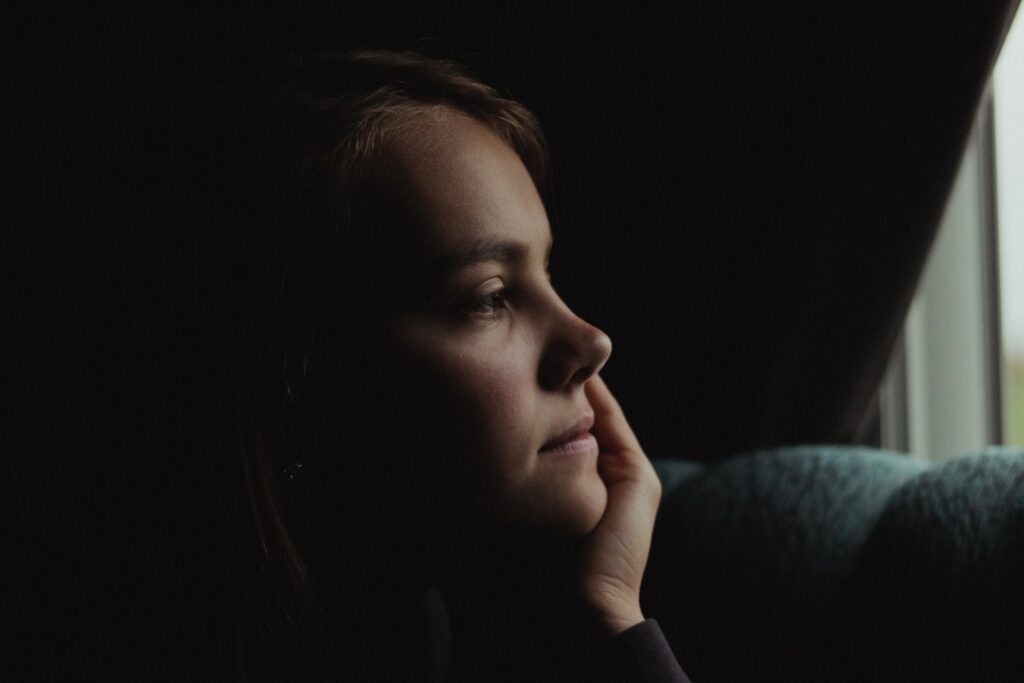That One Thing

Despite my best efforts to make managing my diagnosis a priority, there’s one thing that continues to resist my attempts to control it. That “one thing” for me is a significant event that is followed by the return of depression symptoms. What is so frustrating is that these big events are enjoyable, special times for me: vacations, holidays, out-of-town friends staying with us, or family coming to visit. What do I have to be depressed about, right?
Each of us have triggers that when they happen can cause us to experience symptoms and become unstable. What is your “one thing,” your biggest trigger? Perhaps you have more than one but try to identify the one that trips you up the most. Is it a family member or difficult relationship? Something or someone that triggers feelings of anger?

Mary Ellen Copeland, creator of the Wellness Recovery Action Plan or WRAP, encourages individuals to identify their triggers and come up with a plan to address them. (Click here to learn more about how you can develop your own WRAP). I must be a slow learner because it’s taken me several years to make the connection between significant events and the emotional letdown that occurs afterwards.
I believe the reason my “one thing” continues to be my one thing is that I haven’t created an action plan, as Mary Ellen Copeland recommends. As a rule I have a great time when special activities take place, but for several days afterwards I feel tired, unmotivated, and depressed. I think there’s a saying—“if you fail to plan, then you plan to fail”—that accurately describes my experience.
Although vacations, holidays, and being together with people I care about are uplifting, I’ve never given much thought to the downsides. What I’ve learned is that during these special times I’m generally more busy and physically active than normal. I usually don’t get a break from being around people and my normal sleep schedule is disrupted.
My ideal recovery plan would include doing some fun and relaxing things and soaking up some silence, which may include taking a people-break. I’d also get back to my regular sleep schedule and eat at normal times. What I won’t do is sit around the house reading and watching TV and calling it “rest.”
When you’re able to identify a trigger and take a closer look at how it affects you, it becomes easier to plan how you’ll respond. My husband and I are looking forward to traveling to Denver next month to visit our son, daughter-in-law, and grandson. We’ll have a wonderful time together talking, laughing, eating, and celebrating our grandson’s first birthday. When we get back home I’ll put my plan into action for the first time. My hope is that by following the plan I will remain emotionally stable.
The better we understand ourselves—what triggers us and how it affects us—the better our chances of making healthy, healing choices. By responding to your “one thing” with a plan that will keep you stable, you’ll have “one less thing” to be concerned about.



